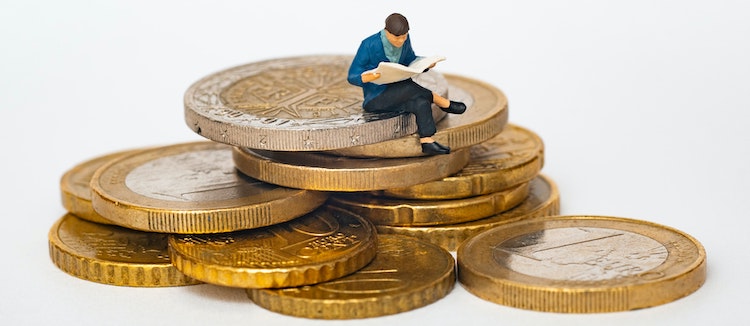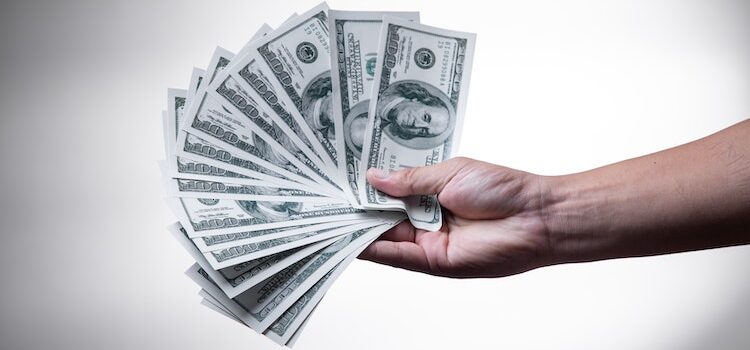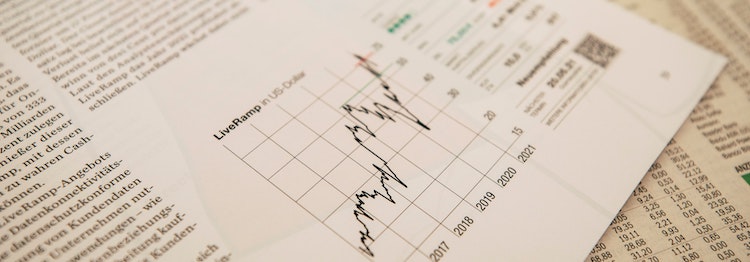Why do brands charge different prices for different customers for nearly identical products/services? Is the higher-priced product really significantly better than its lower-tier option? It’s no secret that companies can charge different prices for different customers. Once you realize that sellers base their prices in part on what they think you’re willing to pay, you can make better decisions about what you buy, where you buy it, and how much to spend on it. In this article, we’ll explore how companies can charge different prices to different customers, and what it means for you as a buyer.
Are There Different Prices for Different Customers?










